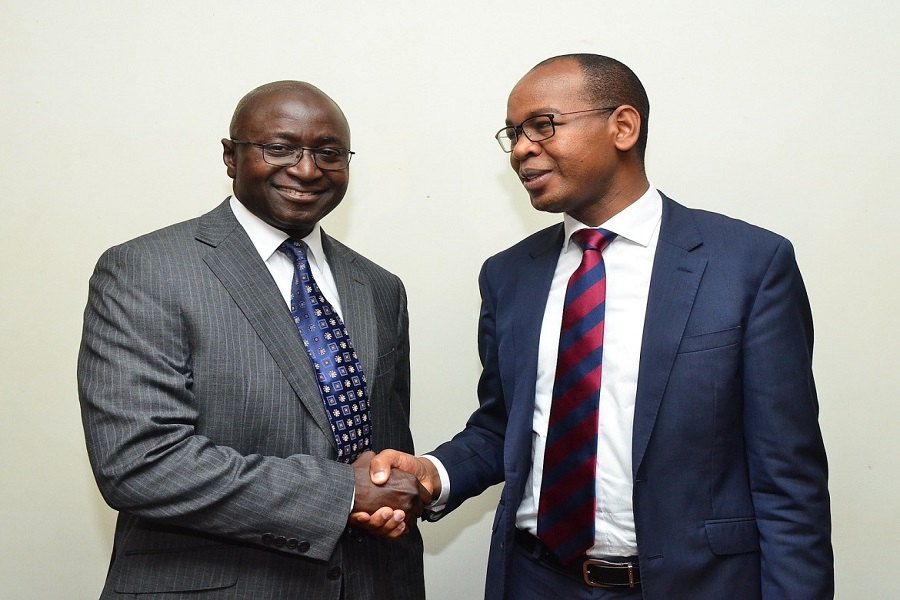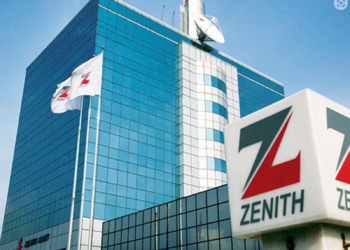Ever since the Central Bank of Nigeria (CBN) approved that telecommunication companies should operate mobile money, there have been talks about the future of banks and how the network providers can affect the growth of lenders. It has however been revealed that the growth of telecom’s mobile money service is dependent on the regulation of the Apex bank.
Speaking on his experience in the mobile money business, the Chief Executive Officer, Standard Chartered Bank for Nigeria and West Africa, Lamin Manjang, said while telecoms have succeeded in the mobile payment business in Kenya, the network providers have failed in some countries.
Prior to his career at Standard Chartered Bank, Manjang worked as the Chief Finance Officer at Safaricom in Kenya. He was involved in the establishment of M-Pesa, arguably the most successful mobile money service in Africa. M-Pesa was founded by Safaricom in Kenya.

[READ MORE: Top 10 stockbroking firms on the NSE as at August 2019]
According to Manjang, what can stop the growth of mobile money service owned by telecoms is the regulation of the country. He said countries, where telecom-led mobile money didn’t succeed, had tight regulations, and this prevented the service from gaining ground, explaining that the success of M-Pesa was due to the supportive regulation of Kenya’s apex bank.
“The good thing about the M-Pesa was that at that time, the regulator was very supportive, so the Central Bank of Kenya saw that it was an innovative development and that ‘though it is in the telecom space, let us allow it to flourish and see how it goes … Others have tried it, but their regulations could be too tight and, therefore, the opportunity for the product to gain ground would be lost.
“So, for now, if you go to Kenya, M-Pesa is a way of life; everything from paying your maid to your driver, shopping, paying for a visa is done through the M-Pesa platform. That has also helped in financial inclusion, so Kenya has a financial inclusion rate of about 75% which is one of the highest across the continent.
“I know Nigeria is also very keen to increase the financial inclusion matrix, and of course, the Central Bank (of Nigeria) has indicated that it is very supportive of measures to get telco to start in that space, banks to look at agencies banking model to be able to reach out. I think we can learn some lessons on what other markets have done and see how we can improve statistics inclusion in Nigeria.”
[READ ALSO: A breakdown of how some billionaires gained and lost money last week]

Manjang wants banks to lead: Mobile money service is successful in Kenya because the operation was telecom-led, however, Manjang wants banks to lead the mobile money-drive in Nigeria because banks have taken the initiative compared to what happened in Kenya when the mobile money discussion began in the East African country.
“That is a debate. Of course, in Kenya, it was telco-driven though banks will like it to be bank-driven… I think the banks in Nigeria have clearly taken the lead as opposed to Kenya where Safaricom took the lead. At the end of the day, what we want is for the customers to get the best value for money. It will be bank-led obviously for me.
“If you don’t play in the space, then you give a chance for somebody else to come and play in that space. So, this is our space; payment and money are our strengths.”





















